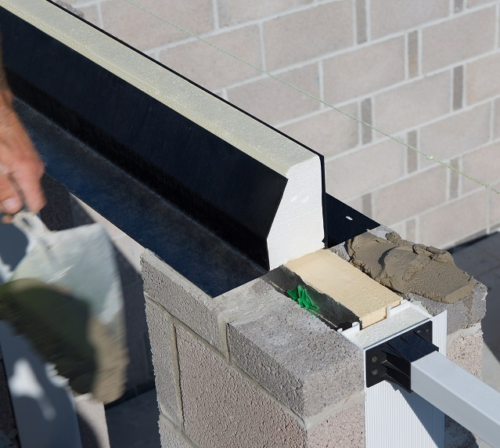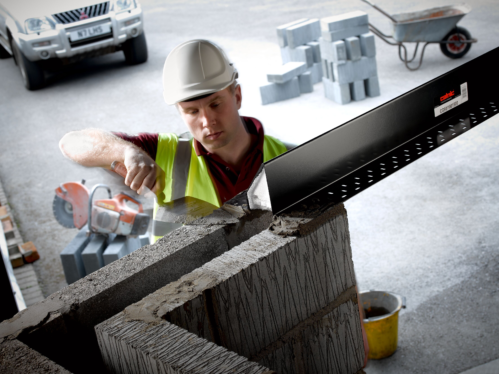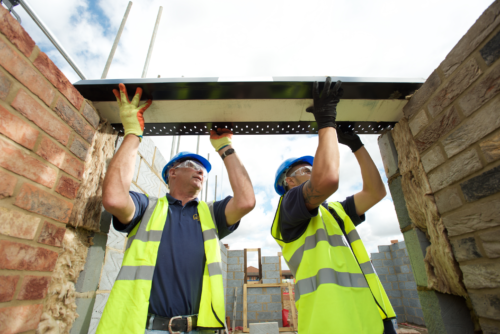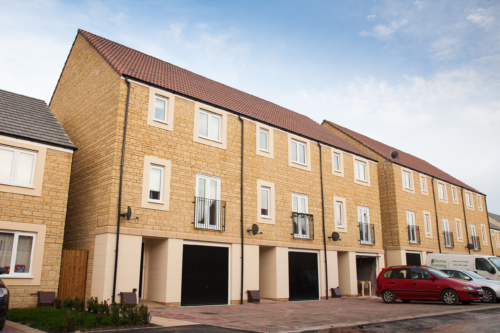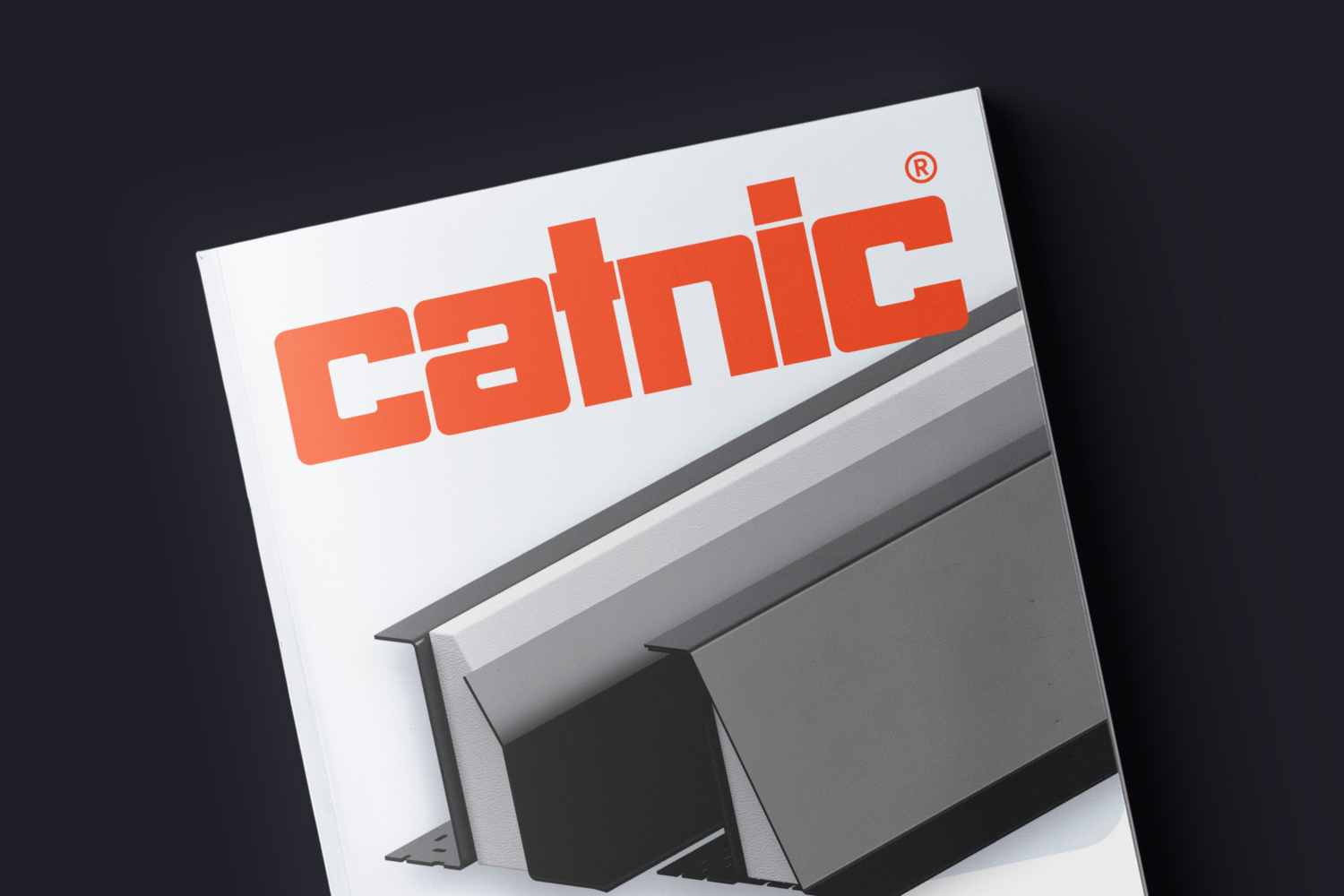-
Next day delivery availableAcross 100s of products
-
Over 200 products in stockVarious lengths and styles available
-
Responsibly sourced steelOnly lintel maker with BES6001 certification
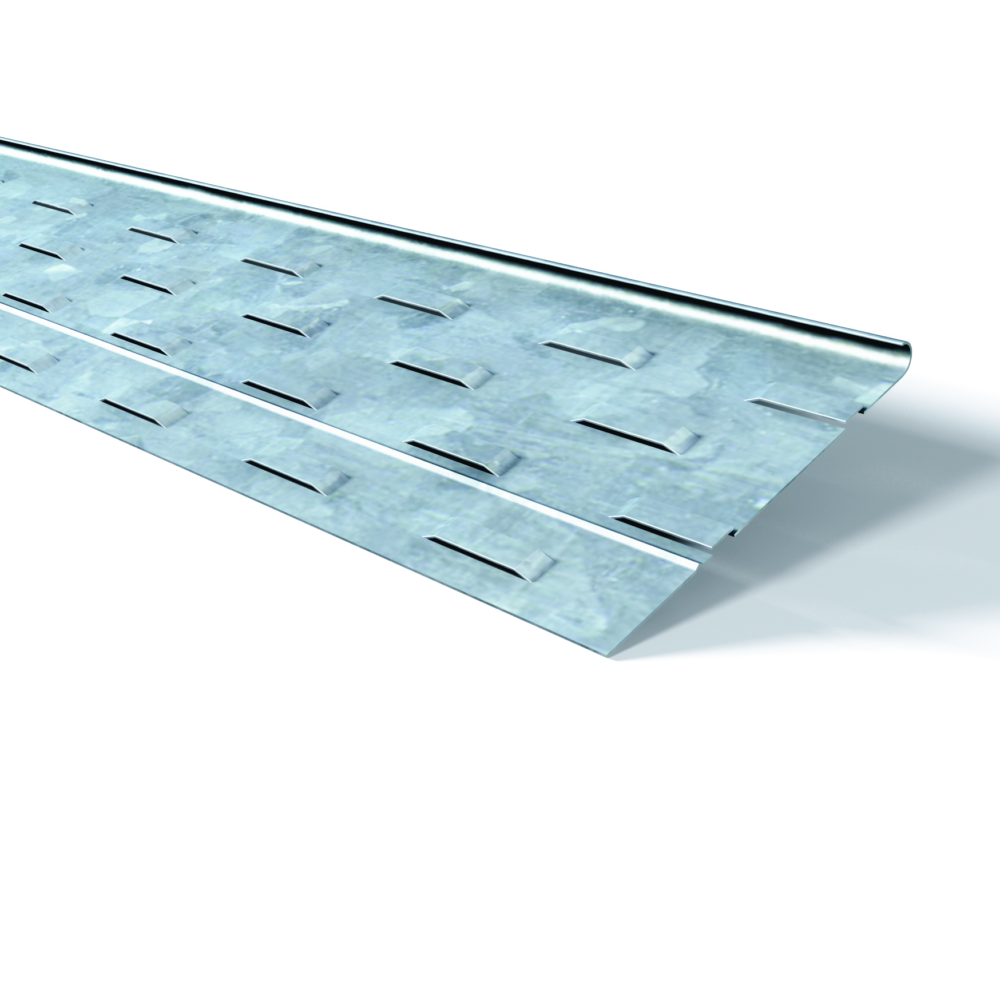
PKS
Overview
Product Information
- Wall Construction
- N/A
- Outer Leaf
- N/A
- Cavity
- N/A
- Inner Leaf
- N/A
- Wall Width
- Loading Conditions
- N/A
Specification
| Product Code | Standard Length (mm) | SWL (kN) | Weight (kg) | Nominal Height (mm) | Price | ||
|---|---|---|---|---|---|---|---|
| PKS87 | 1200 | N/A | 3.70 | N/A | Contact sales |
- External plaster key simply clips into place and is secured using a full length of adhesive bead. The PKS87 Plaster Key MUST be fitted to the lintel before the lintel is installed.
- Unless required for immediate use on site, the product should be stored in a clean dry environment
Benefits
- External plaster made from galvanised steel for use on range fo steel lintels.
- Suitable for use with Cougar lintels (CG, CH, CX) timber frame lintels (CTF5, CTF7, CTF9, CN23), thermally broken lintels (TS, TH, TX) and External solid wall lintels (CN71 and CN81).
Features
What our customers think
Video Guides
When selecting a lintel, there are three factors that should be considered to ensure the correct specification: the type of wall construction, the dimensions of the structural opening and the total load on the lintel. In this video, we run you through the lintel selection process.
Once you have chosen the correct lintel for your project, it is crucial that the lintel be installed properly – if it is not, it could lead to serious issues for the building. In this video, we explain the installation considerations for cavity wall lintels.
Catnic’s Thermally Broken Lintel is the only lintel on the market to provide a complete thermal break between the inner and outer leafs. In this video, we outline the key benefits of Thermally Broken Lintels and explain the installation process.
Steel lintels, and specifically Catnic's thermally broken lintels, have a significant role to play in reducing thermal bridging and achieving carbon gains. They represent one of the simplest and most economical ways for building fabric to be designed and constructed to help achieve the carbon gains necessary to meet current and future building regulations.

